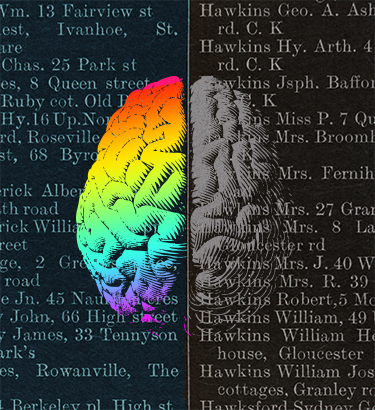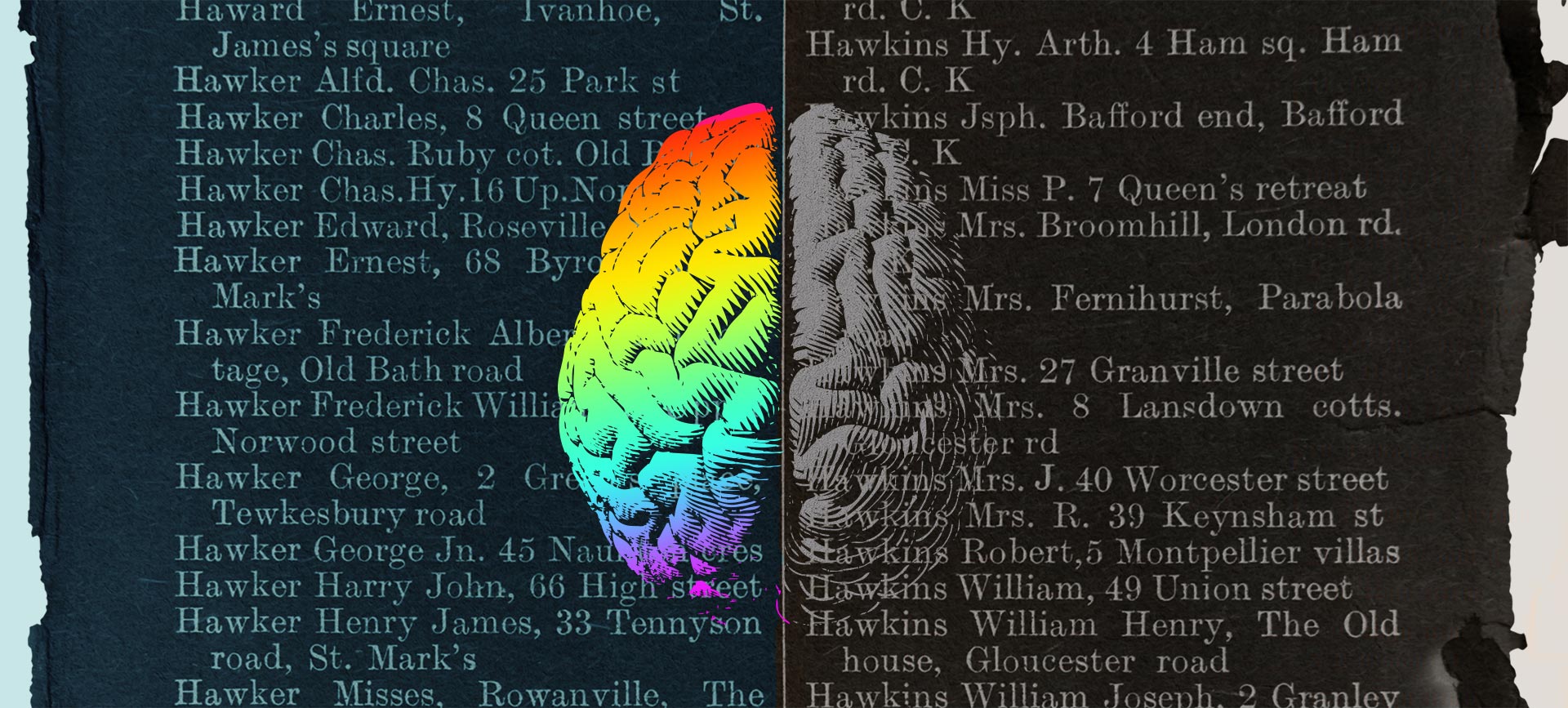The harmful pattern of denying reality for the sake of an ideological imperative has to begin somewhere—for many people, this "somewhere" is at home, in church or some combination of both.
"Sometimes, the folks that have gone through conversion therapy have been in a really deep religious upbringing; a lot of times we see it, particularly with some Baptists," said Donna Weinberger, CEO and founder of Inspire Recovery, an LGBTQ-focused drug and alcohol rehabilitation center in West Palm Beach, Florida.
Conversion therapy events and programs, which can include intense public shaming and condemnation, are often staffed by church volunteers. These religious environments frequently lean on biblical Scripture condemning homosexuality. The volunteers and events often represent, in some way or another, the community where a person was raised.
This situation can be especially difficult for people who are trans, queer, nonbinary or who identify in other ways misunderstood or accepted within a religious framework.
"It's usually very difficult and confusing for them," Weinberger explained. "They've had a lot of brainwashing from a young age so it's really difficult for them to break free and to live [as] their authentic selves."
Schlosz said the opportunity to recognize important truths relating to sexual health often comes belatedly to the men he works with in recovery and research. One example he gave was of an individual who waited 12 years to be honest with his mother.
"When he eventually came out at the age of 28, I think, his mom said to him, 'I'm so concerned about your health now that you're out and that you're having sex with people,'" Schlosz said. "And his response to his mom was, 'Mom, you don't need to be concerned about my sexual health now, but you should have been concerned when I was 16 years old and climbing out my window at night to go have sex with strangers.'"
It's not an uncommon story. Schlosz often hears firsthand the harsh realities of how a person's dishonesty with themselves can spiral until it affects loved ones.
"Another participant in my study spoke about one night he was traveling and he was away from his family and he knew there was this park where gay men cruised. He just wanted to be around people that he said were 'just like him.' He said he went to this park and was brutally, brutally assaulted sexually by more than one person," Schlosz recounted. "He said that afterward, he felt that he couldn't go to the police station and share what had happened. He was physically in pain and hurting and damaged. He was in his mid-20s at the time. He spoke to me when he was 40 and I was the first person he'd shared this story with.
"He felt like he couldn't go to the hospital because of the shame of sharing what had happened," Schlosz continued. "And when he went home, he couldn't share with his wife what had happened because that would mean her finding out that he had engaged in this type of behavior, even though she knew this was part of his struggle. So he kept this to himself for years."











